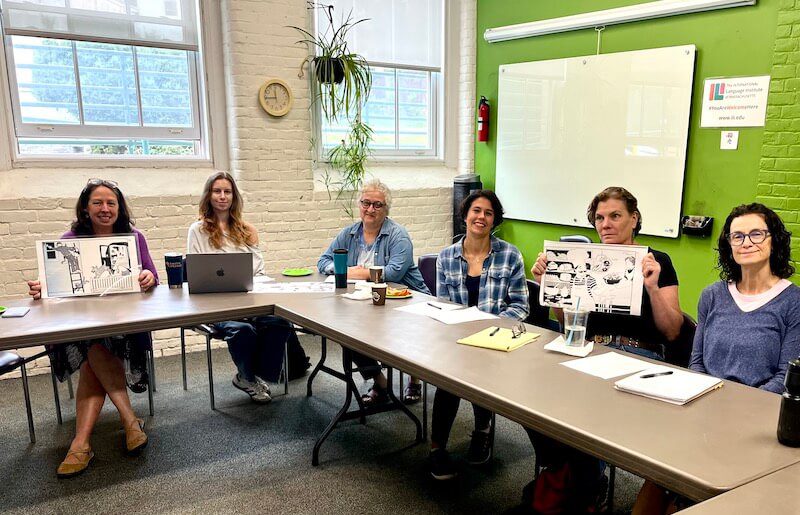You can study academic English, business English, and general English. Our chatty English lessons combine speaking, writing, listening, and reading skills in a welcoming environment. You can work one-on-one with a highly trained ESOL instructor or study English in a supportive community of international adult English learners.
Our English students come from all around the world. Explore our private English, workplace English, intensive English, and free English options. Come and join in the fun.
English Course Options
Our fun and friendly English classes in Northampton get everybody speaking English! We’ll help you learn English to meet your personal, professional, and academic goals.
The Intensive English Program
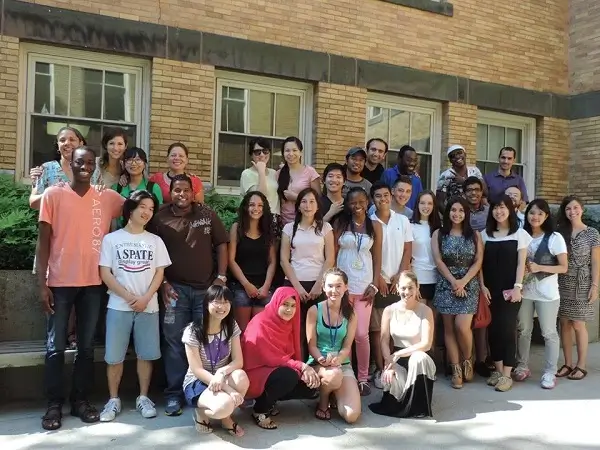
Our intensive English program delivers 21 hours of class time per week with intakes every four weeks. It’s friendly and fun and you’re welcome.
University Pathways Program
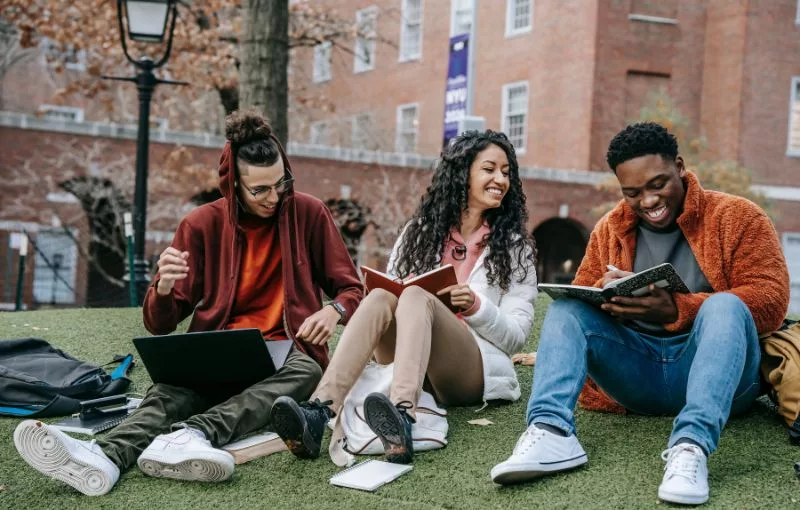
Skip TOEFL/IELTS stress! Our Intensive English Program boosts your academic English, preparing you for 12 top Massachusetts colleges—no extra testing needed!
Free English for Immigrants & Refugees
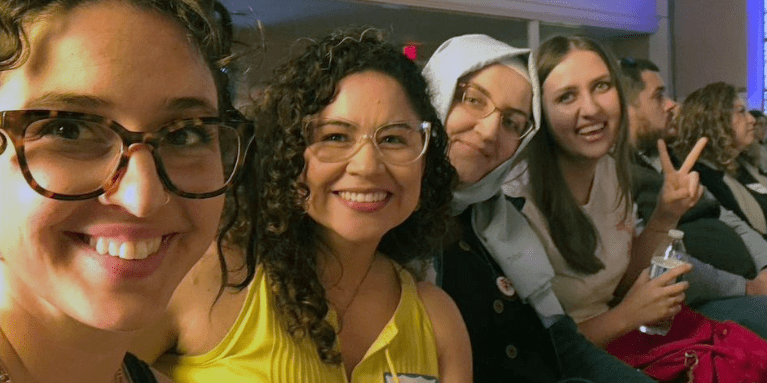
ILI offers free English classes for immigrants and refugees (age 17+) living permanently in Western Massachusetts. Is that you?
Private English Lessons
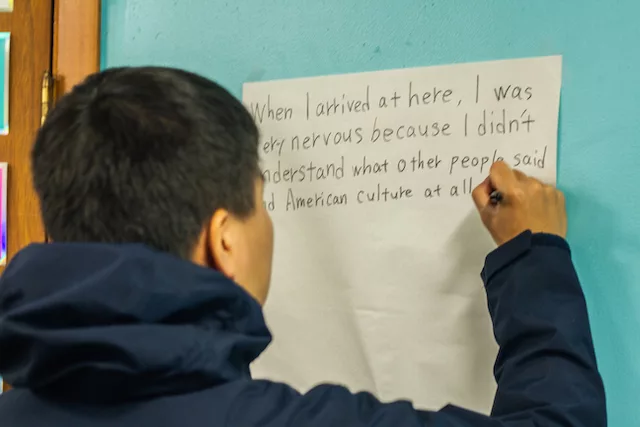
Choose Private English Classes for exclusive one-on-one time with your teacher, or add them to your Intensive English Program for an extra boost.
English Summer Courses
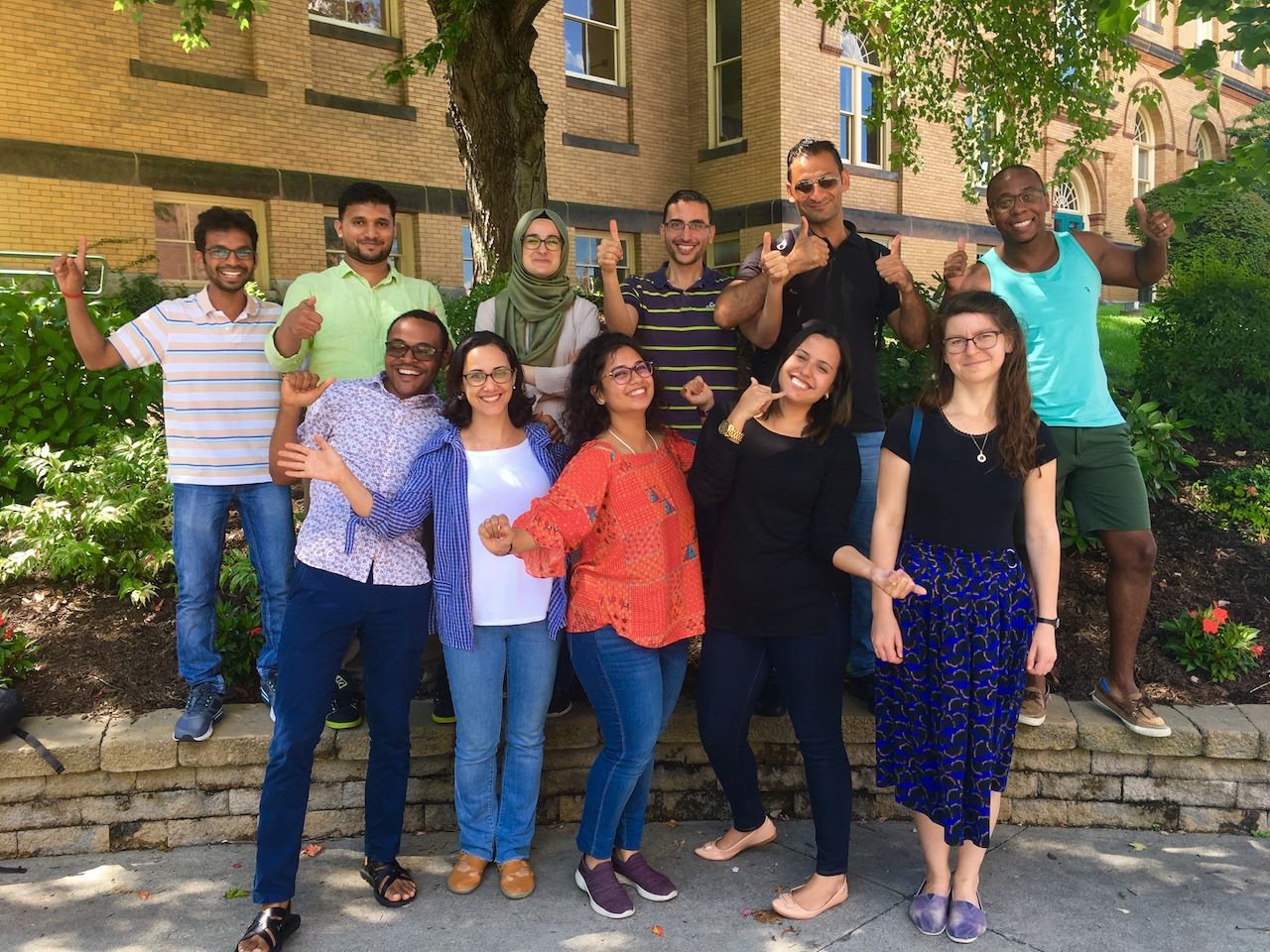
Make this summer unforgettable with our English Summer Classes! Improve communication, prep for exams, and immerse yourself in fun, interactive lessons!
English for Beginners
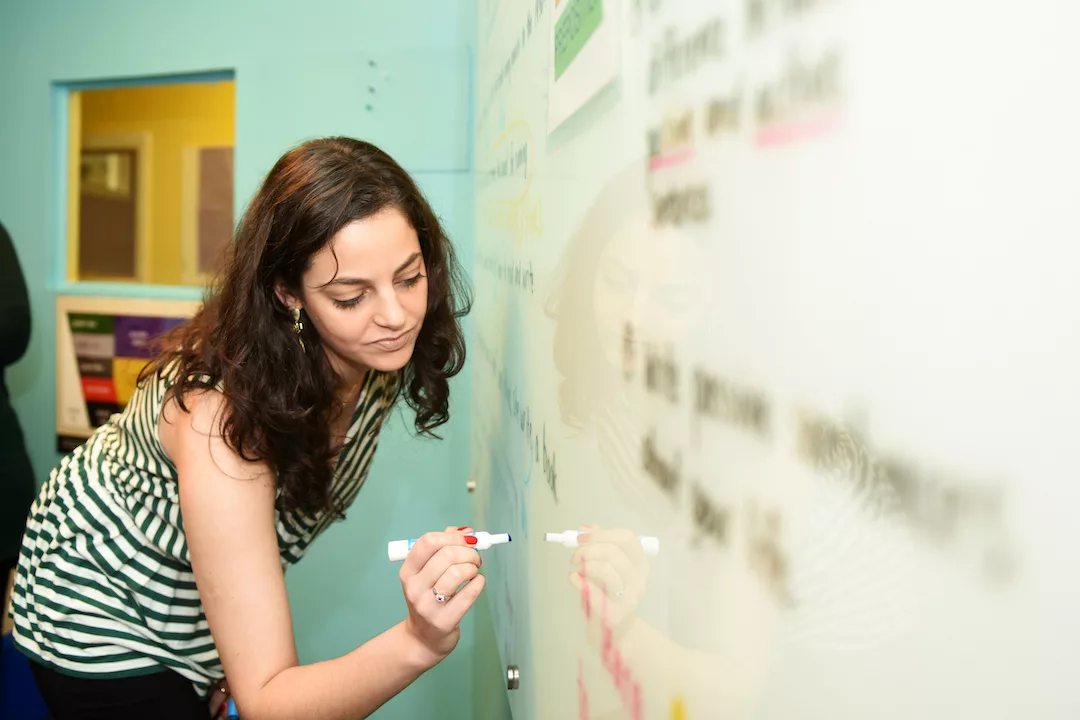
Ready to learn English from scratch? ILI’s English for Beginners course is here to guide your first steps in mastering this global language!
Advanced English
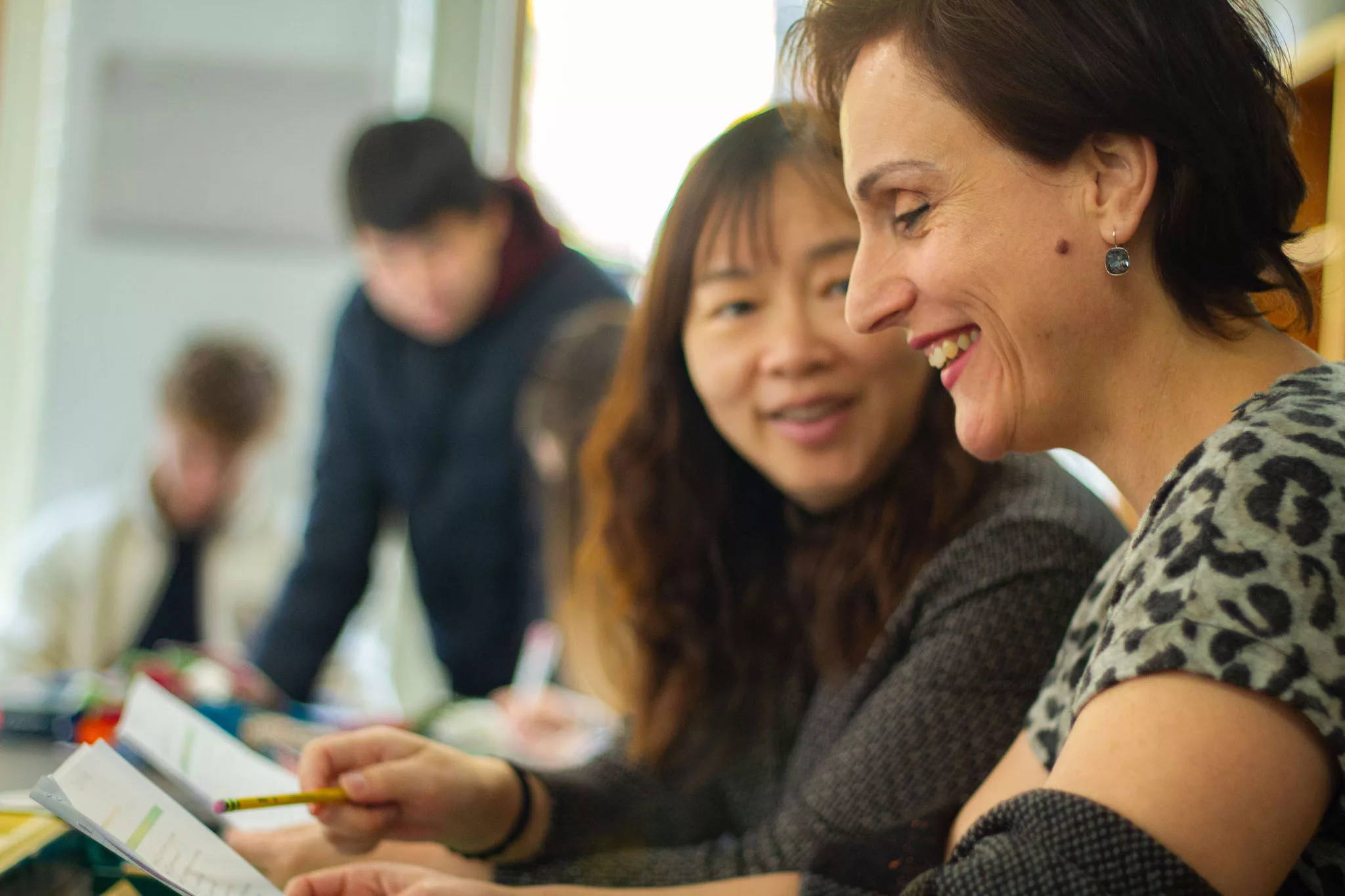
Do people say your English is great, but you want to take it further? We understand. At ILI, we’ll help you refine and fine-tune your skills even more.
English for the Workplace
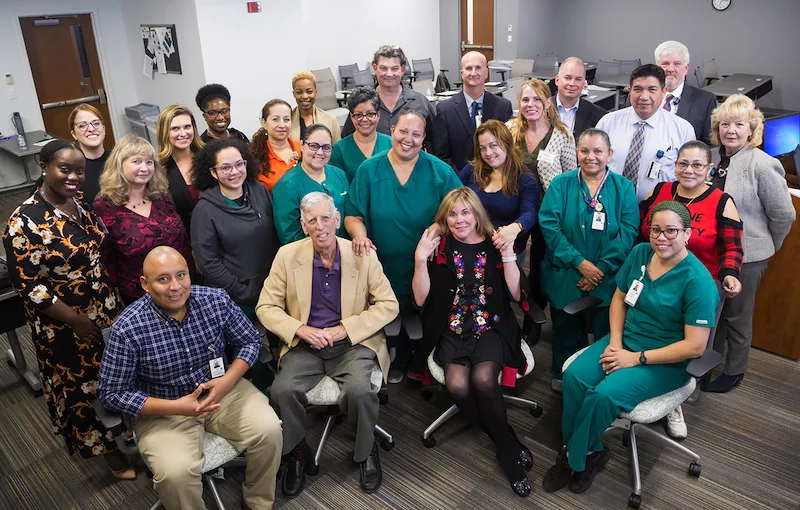
Workplace English boosts English language communication skills in your place of work. Individual or group, online or face-to-face, it’s all possible.
Academic English
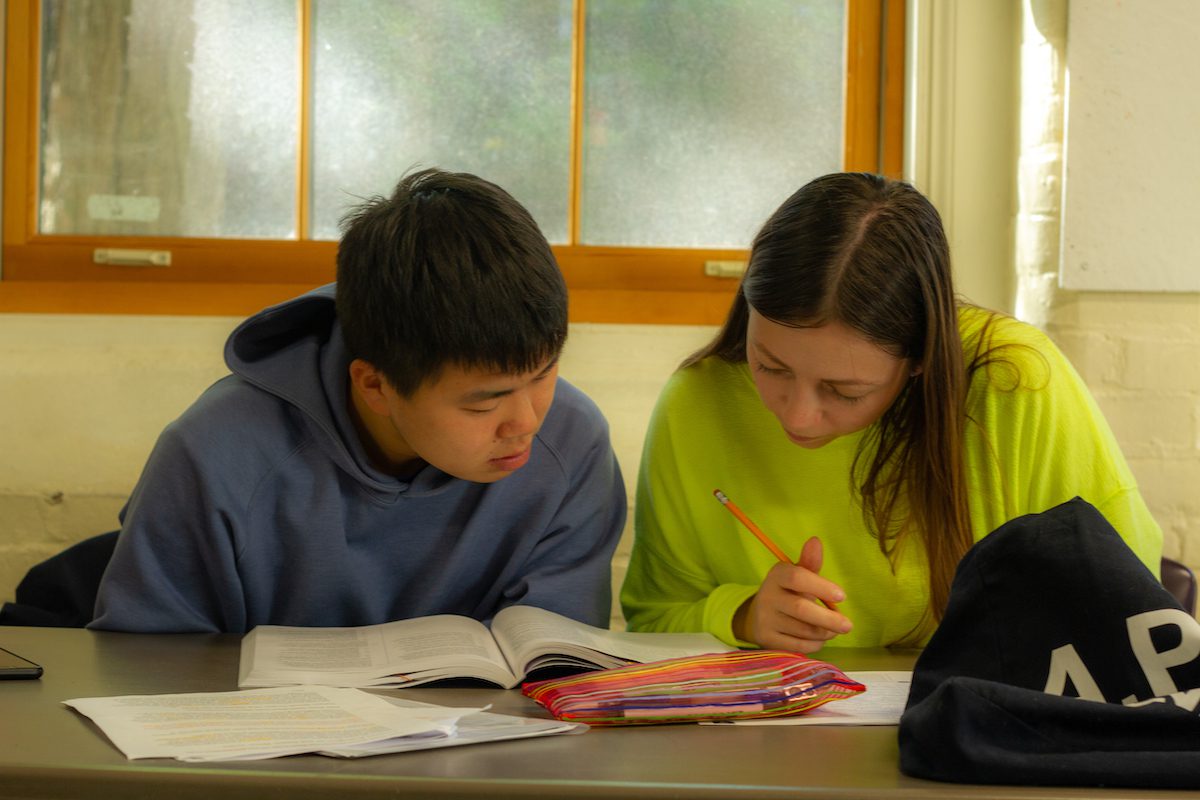
Preparing for university or advancing in your career? ILI’s Academic English courses help you develop skills you need to succeed in higher education.
Our English Teachers
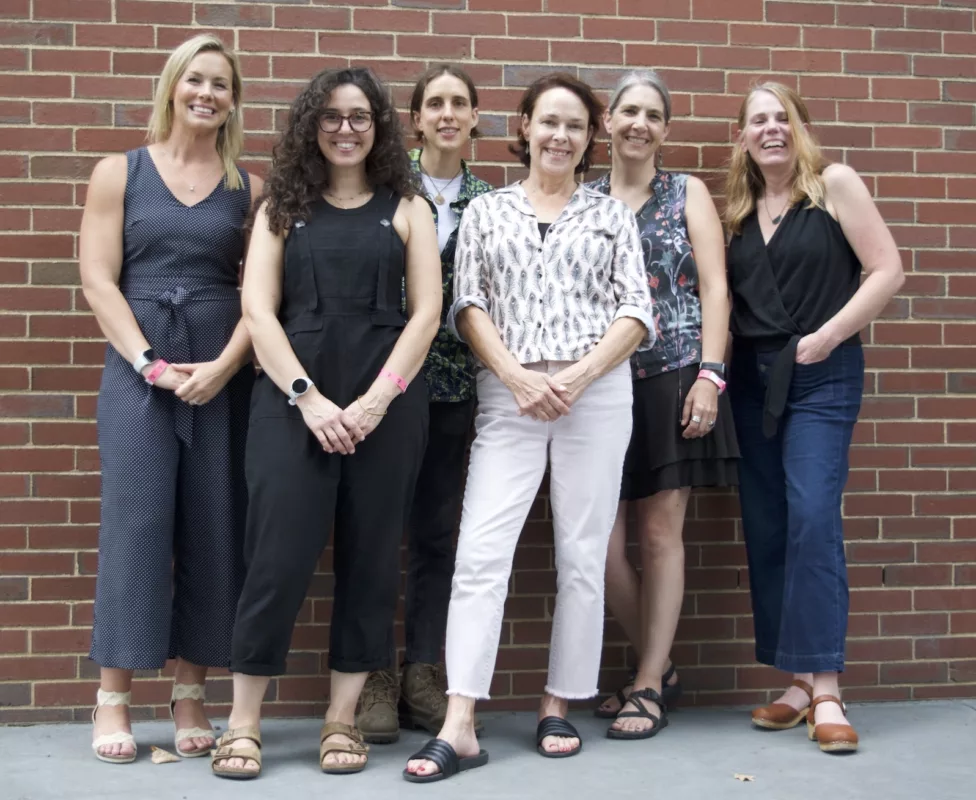
In an ILI classroom, our amazing teachers, all with Master’s degrees or equivalent experience, know how to get learners communicating in English right away! We create a trusting environment so that students feel comfortable speaking up and practicing their new skills.
“I had a fantastic experience at ILI. All the classes were excellent and incredibly helpful. The teachers were superb and professional, and they made a remarkable difference in my English skills and gave me the confidence to speak and share my ideas. The staff were excellent and helped me a lot with many things. The environment was great, and the materials provided were the best. I liked everything about ILI; there was nothing that I didn’t like. The classes are excellent, and you learn new things daily from a native speaker with excellent pronunciation. The teachers are professional and friendly and make studying English fun with various activities. I would highly recommend ILI to my friends.”
Kazim from Afghanistan studied English at ILI
Ways to Learn English
There are lots of ways to learn English. The best approach for you will depend upon:
- What type of learning environment you prefer. Private lessons or group classes?
- Your current level of English and the level you want to reach. Some English learners prefer private lessons to practice the basics and ask a lot of questions, while other English learners prefer group classes to work with partners and join discussions.
- Your motivation and time-frame to learn English. The full-time Intensive English Program (IEP) works best to advance quickly for career or college. Check out our University Pathways Track for conditional acceptance to our 12 regional partner universities. Also, if you’re living in the US, the IEP gives you the general and social English you need for everyday life. You can also find a community of friends that feel like family.
Whether you prefer to learn English in private classes or group groups, or whether you want study English on Zoom or in our school in Northampton, Massachusetts, USA, we have options for you!
Got a Question?
See if our frequently asked questions answer what’s on your mind…
Selected FAQs
That’s a big question with no easy answers. It depends on your goals, your native language, your mindset and other factors that can affect your progress. The whole topic of how long it takes to learn a language includes both guesswork and scientific research. With one-on-one academic counseling, our team can help you set a realistic time frame that fits you. To begin the conversation, the chart below gives a general idea of how long it usually takes for English learners to advance levels in our Intensive English Program.
https://ili.edu/2021/06/01/how-many-hours-does-it-take-to-learn-english/
https://ili.edu/2025/05/08/how-much-time-does-it-take-to-learn-a-language/
The minimum age for ILI students is 17 years, however many are already pursuing their careers and tend to be older. Students come from all over the world and from a wide variety of backgrounds with diverse ethnic and religious beliefs. Students enrolled in the Intensive English Program often need to prepare for university studies in the US and need to improve their English skills. Some need to learn English for business purposes, or perhaps they are just here for the experience of living and studying English in the US.
Students enroll in the intensive program for 21 hours a week or more. The typical schedule is Monday through Thursday from nine in the morning to two thirty in the afternoon, nine in the morning until twelve noon on Fridays (There are no classes on Friday afternoons). Some students like to spend the afternoons in our computer lab or with new friends exploring the town, while others may go home and study.
The Free English Program is for immigrant and refugee adults who live in western Massachusetts. Students ages 17 and up are eligible for the program. The program is for people living permanently in the US.
Fill out the online Free English Program inquiry form and someone will contact you by email, text or phone call.
View all our Frequently Asked Questions >

Don’t see the answer you are looking for?
Ask Macey…
"*" indicates required fields
What to do next
- Explore our English program options and choose the one that suits you best
- Register for your chosen course!
Advice on Learning English From our Blog
-

Grant-Funded Language Learning Makes a Difference—Here’s How
Discover how ILI supports language learning for library staff and workplaces in Massachusetts through grants.
-

The Sweet Spot: Volunteer Tutoring at ILI
Tutoring at ILI isn’t just about helping someone improve their English—it’s about forging friendships, sharing laughter, and bridging cultures. Join us and make a real difference, one conversation at a time.
-

Tailored Learning: How Private English Lessons Can Benefit You
Discover the power of personalized English learning with private lessons at ILI. Our expert instructors tailor each session to your needs, offering flexibility, confidence-building, and faster progress—online or in-person in Northampton, MA. Let us help you achieve your English goals!
The ILI Promise
At ILI, we believe that all our actions should stem from grace and loving kindness.

- We operate as an equal opportunity organization.
- We nurture relationships beyond the classroom.
- We are committed to providing the highest quality language instruction and teacher training.
- We promote intercultural understanding and celebrate the diversity in our local communities.
- We work collaboratively to build and sustain the communities we serve.
- We believe in life-changing teaching and learning.



